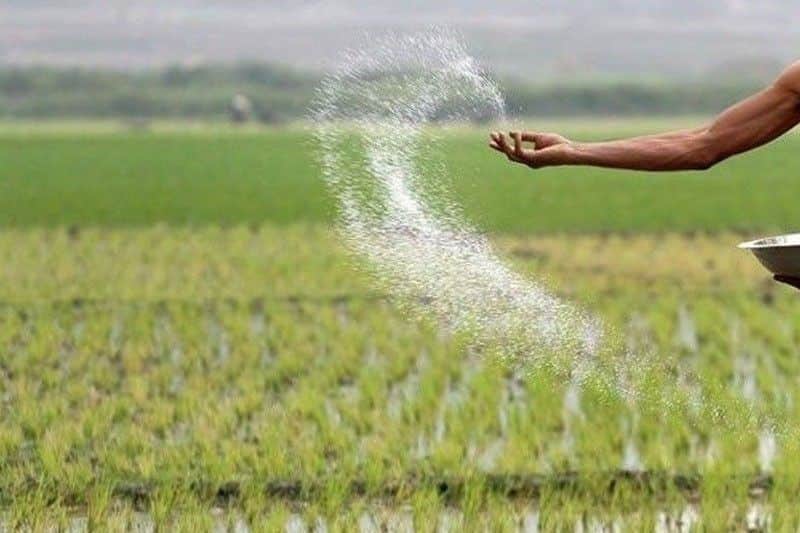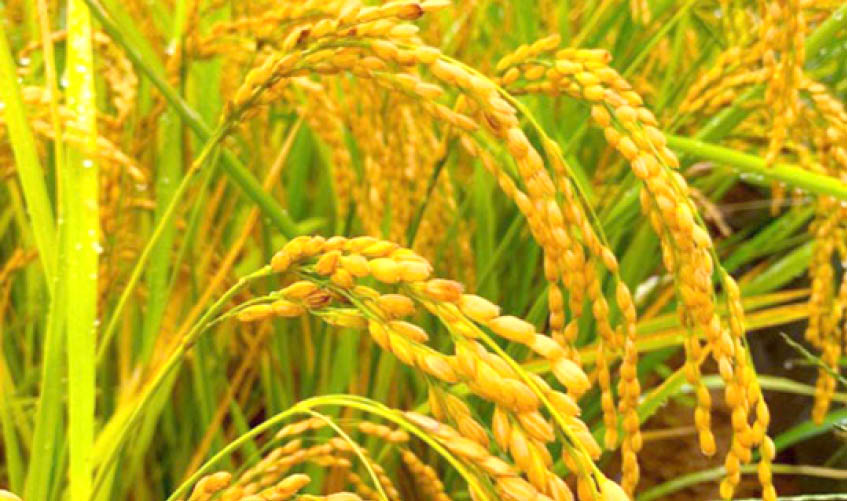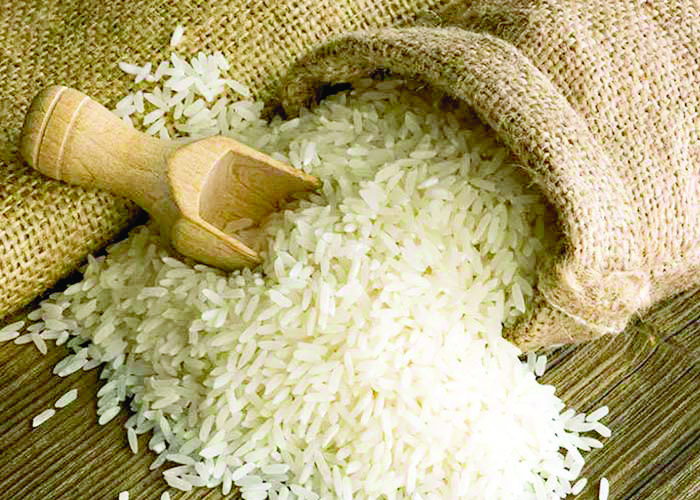Tags
Farmers oppose allowing NFA to import rice anew

So said the NFA failed to use its P8-billion budget for palay procurement last year, so the agency has P17 billion this year which it can use to procure 566,666 metric tons of palay or 351,333 MT of rice.
Philstar.com / File
MANILA, Philippines — Farmers’ group Samahang Industriya ng Agrikultura (SINAG) chairman Rosendo So maintained that there is no need to give additional power to the National Food Authority as he opposed proposals to allow the NFA to import rice.
So said the NFA failed to use its P8-billion budget for palay procurement last year, so the agency has P17 billion this year which it can use to procure 566,666 metric tons of palay or 351,333 MT of rice.
“This is good for 10 days, or more than the required nine days buffer stock,” So said.
He added that while SINAG backed amendments of the Rice Tariffication Law or Republic Act 11203, it should only cover the increase in the funding allocated under the Rice Competitiveness Enhancement Fund from the current P10 billion to P30 billion.
“These include P12 billion for cash assistance to farmers tilling three hectares; P6 billion for inbred rice seed, development and propagation; P7 billion for rice farm machineries; P3 billion loan from Landbank and Development Bank of the Philippines; P1 billion for expended rice credit assistance and rice extension services,” So said.
The RTL has nothing to do with the spike in the retail price of rice and the flooding of imported rice in the market, he said.
“If the government wants to sell rice at P30 per kilo, it can be done but it needs to be subsidized by at least P20 to P22 per kilo,” he said.
Meanwhile, Speaker Martin Romualdez said House Bill 10381 or the move to amend certain provisions in the RTL is aimed at making “high-quality rice affordable” to every Filipino.
This “marks a significant stride towards strengthening our rice industry and ensuring broader access to affordable, high-quality rice for all,” he said.
“This bill is not just a policy change; it is a powerful pledge to every Filipino. We are committed to ensuring that rice – our staple food – remains affordable and accessible to all,” Romualdez said.
HB 10381 was approved overwhelmingly through a voice vote in plenary session, whose objective is to amend provisions in the five-year-old RTL and bring back the power of NFA to import as well as sell the staple in the market.
Rep. Mark Enverga, chairman of the House committee on agriculture and food security, assured the senators and the public in general that they definitely have “safeguards” in restoring the power of the NFA in helping stabilize the price of rice.
“In fact, NFA will have a very limited presence here – only in case of emergency situations and importation is merely a last resort,” Enverga explained, assuaging fears raised by Sen. Cynthia Villar about the risks of giving back the power to NFA, which may be abused.
On the other hand, House Deputy Speaker David Suarez and Rep. Jude Acidre expressed hope the Senate will change its mind about giving the power back to NFA, citing the history of corruption the agency had in previous administrations.
“Let’s not forget this is not an issue of corruption, but rather an issue of food security and price of rice and we should bring our attention to the main agenda, which is the price of rice, which is food security, that should be our focus,” Suarez said.
For his part, Finance Secretary Ralph Recto also backed the proposal to amend the RTL, specifically returning the powers of the NFA to help in price stabilization.
“Maybe we can tweak it a bit to allow NFA [to buy and sell] for emergency purposes,” he said.
President Marcos has expressed his intention to certify RTL amendments as urgent.
Earlier this week, the Foundation for Economic Freedom (FEF) also bucked moves to bring back NFA powers, emphasizing that this would reverse reforms achieved by the RTL.
FEF maintained that higher rice prices are due to factors beyond the control of the RTL such as the Ukraine-Russia conflict, export ban of India and the intensifying conflict in the Middle East.
As of last month, rice inflation eased, but remained elevated at 23.9 percent.
“We want to reduce rice prices and I think global prices will be going down by September,” Recto said. – Louise Maureen Simeon, Delon Porcalla
https://www.philstar.com/headlines/2024/05/16/2355520/farmers-oppose-allowing-nfa-import-rice-anewPublished Date: May 16, 2024







